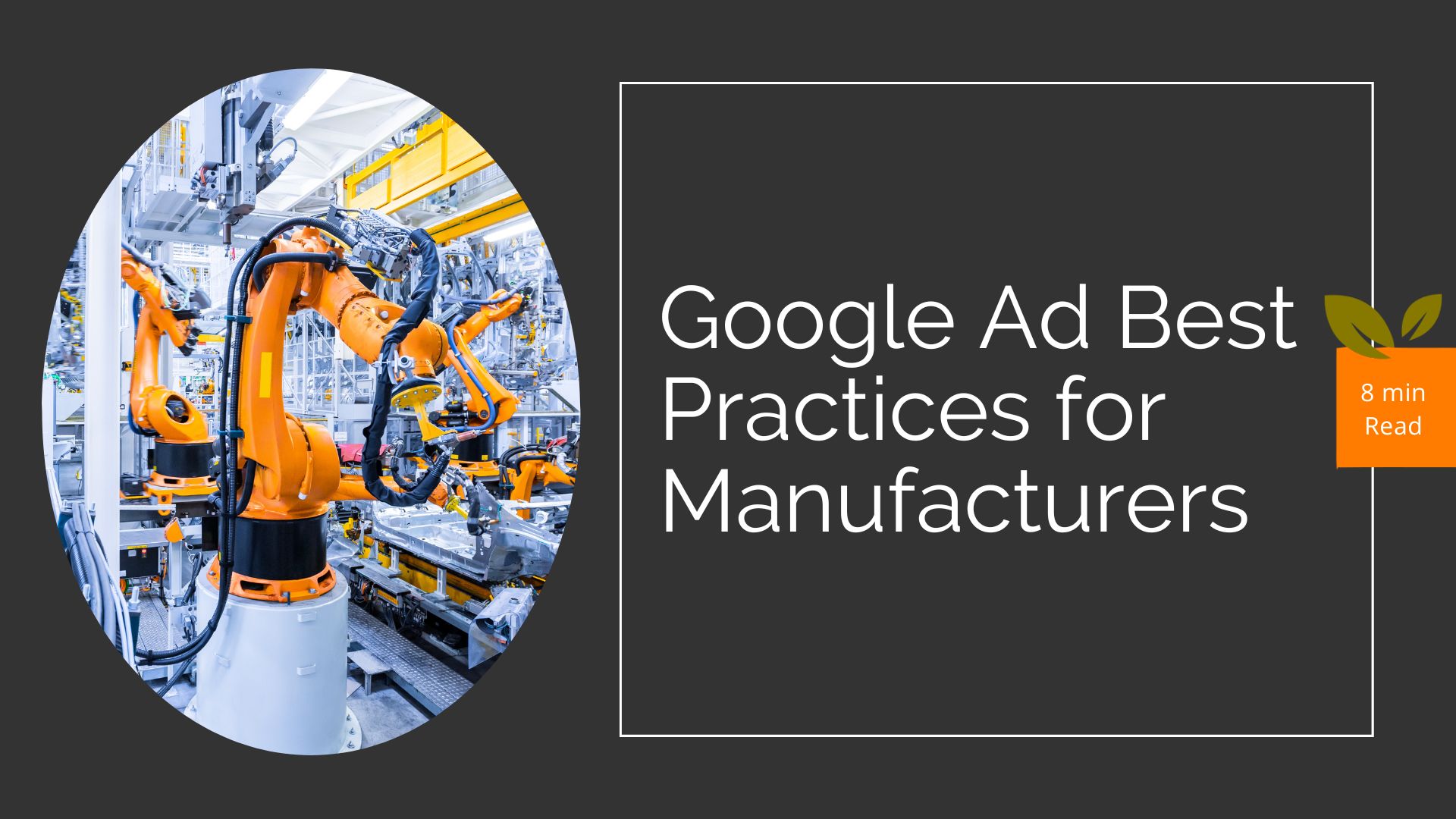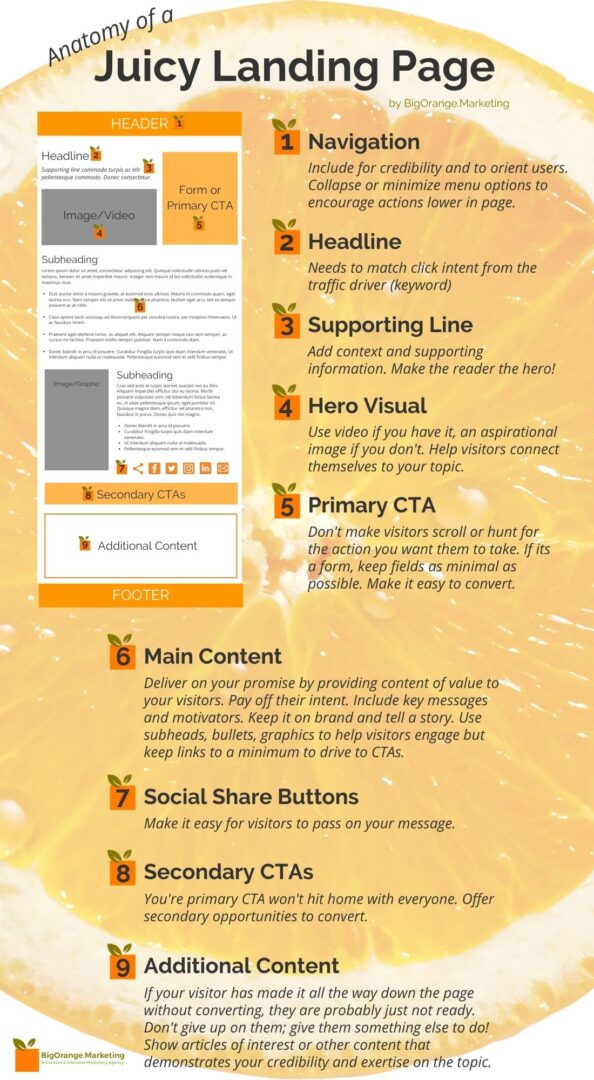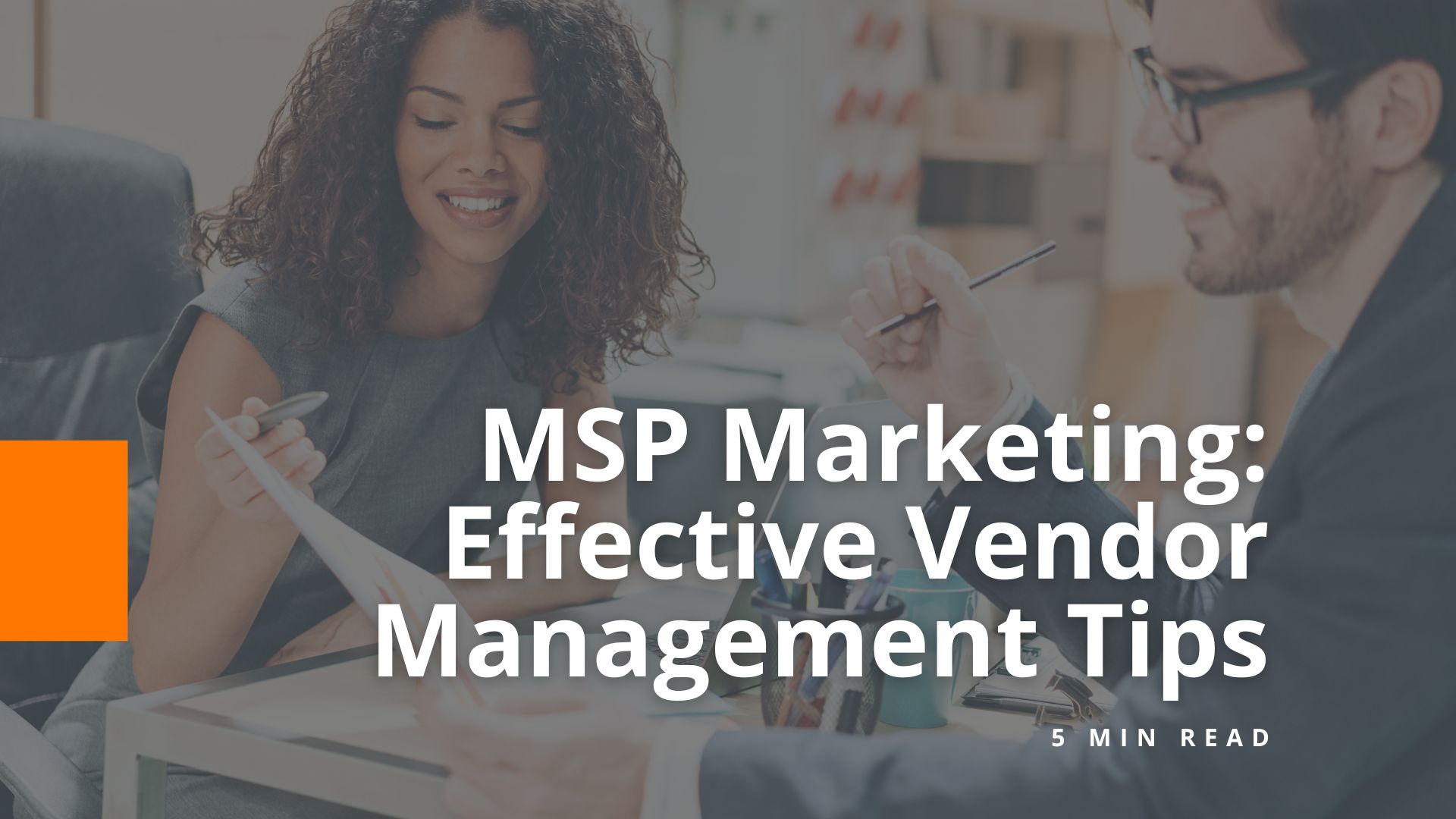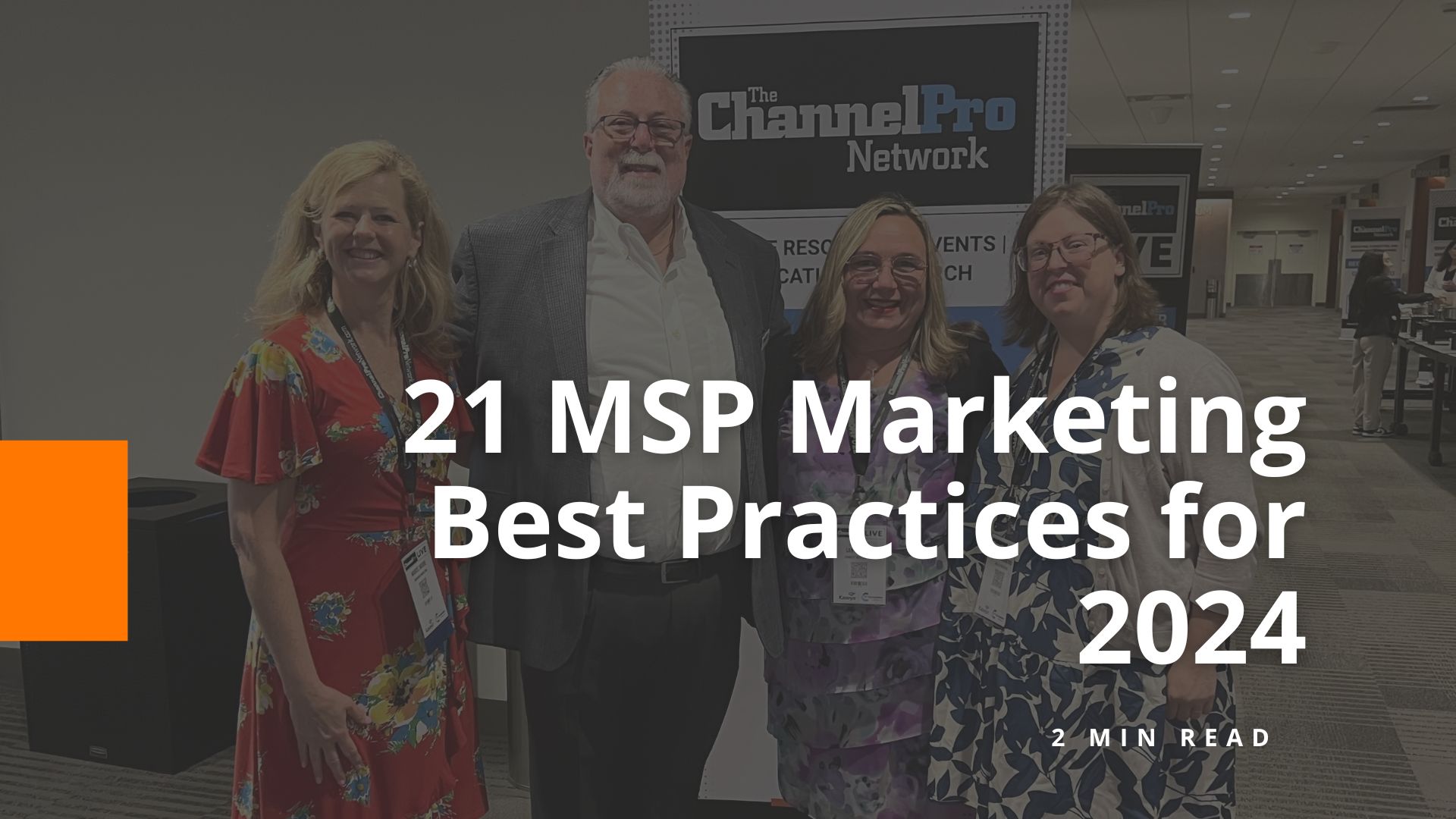Get More Bang for Your Buck: Google Ads for Manufacturing Best Practices

Using Google ads for manufacturing firms is a faster, albeit more expensive, way to drive website traffic and leads, compared to traditional SEO methods. Here are five best practices to get you started with your manufacturing PPC campaign.
1. Select the Right Keywords
Google Keyword Planner is a great tool for selecting the right keywords for your manufacturing PPC campaign. You can enter and track your identified keywords, identify suggested keywords and do competitor keyword research.
Another way to discover keywords is by looking at those you currently rank for. Use Google Search Console or Google Analytics to identify keywords that your landing pages are already ranking high for. Take note of the keywords where you are appearing on the first or second page of search results.
Lastly, think like your customer when using Google ads for manufacturing companies. They may not be searching “P/N 182196DRT,” but they are searching “1.5 inch copper screw.” Use a keyword research tool to discover what people are searching, it may or may not be your specific brand, product name or part number.
2. Set Your Geo Target

Manufacturers often have specific sales territories or target regions. Avoid spending money outside your target regions by targeting only your specific geographic area. Within Google ads, you can select a country, area, zip code or radius. Google does its best to only serve your ads to those locations identified. You can also exclude locations.
3. Set a Realistic Budget
PPC spending is expected to surpass $701 billion in 2023. Know what you’re up against using the Keyword Planner, set a daily budget that you’re comfortable with and optimize. Review your campaign once a week to ensure you’re not overpaying on certain keywords or spending too fast. Balancing your spend with your ROI is specific to your sales cycle, average deal price and overall budgeting cycles.
4. Include Negative Keywords
Negative keywords are keywords you do not want to pay for. Including them in your campaign will ensure you don’t show up in those search results. For example, if you’re selling reading glasses, you would want to add “drinking glasses” to your negative keyword list.
5. Build a Converting Landing Page
Great, someone clicked on your ad! Now, make sure you have a converting landing page. Elements to consider like the landing page’s navigation, headlines, visuals, CTAs and content are essential in turning a click into a conversion. Effective landing pages are a critical part of successful Google ads for manufacturing.

Get Your Google Ads for Manufacturing Running
If you’re ready to launch Google ads for a manufacturing firm but need some guidance, BigOrange Marketing can help. Start by booking a marketing strategy consultation to see if we’re a good fit.
Share the knowledge
What Are the 7 Steps of StoryBrand?
The 7 steps of StoryBrand are designed to create a clear and attention-grabbing narrative that positions the customer as the hero and your brand as…
Explore this TopicWhat Are Examples of StoryBrand BrandScript?
If you’re up to date with the digital marketing world, chances are you’ve heard about the StoryBrand BrandScript. As a StoryBrand certified guide, we offer…
Explore this TopicMastering Vendor Partnerships: Tips for Effective Vendor Management Webinar
Effective vendor management is crucial to ensuring your business’s success and future growth, especially for managed service providers (MSPs). In such a competitive industry, mastering…
Explore this TopicHow to Tell the Tale: What Is a StoryBrand BrandScript?
What Is a StoryBrand BrandScript? A StoryBrand BrandScript is a script that summarizes your key message as an exciting and easily readable story. It’s based…
Explore this TopicGet Leads And Grow: 21 MSP Marketing Best Practices for 2024
Our own CEO Margee Moore presented her talk to ChannelPro in June. We were delighted to share MSP marketing best practices for 2024 and marketing…
Explore this TopicHow Is a StoryBrand Brandscript Used?
A StoryBrand Brandscript is a powerful tool that helps businesses clarify their messaging by structuring their brand story in a way that resonates with their…
Explore this TopicWhat Is the Purpose of StoryBrand?
The purpose of StoryBrand is to help businesses clarify their messaging so they can more personally and clearly communicate with their customers. By using the…
Explore this TopicIs StoryBrand Free?
On its website, StoryBrand offers various resources, some of which are free, such as the StoryBrand podcast and blog. However, more comprehensive resources, like the…
Explore this Topic









